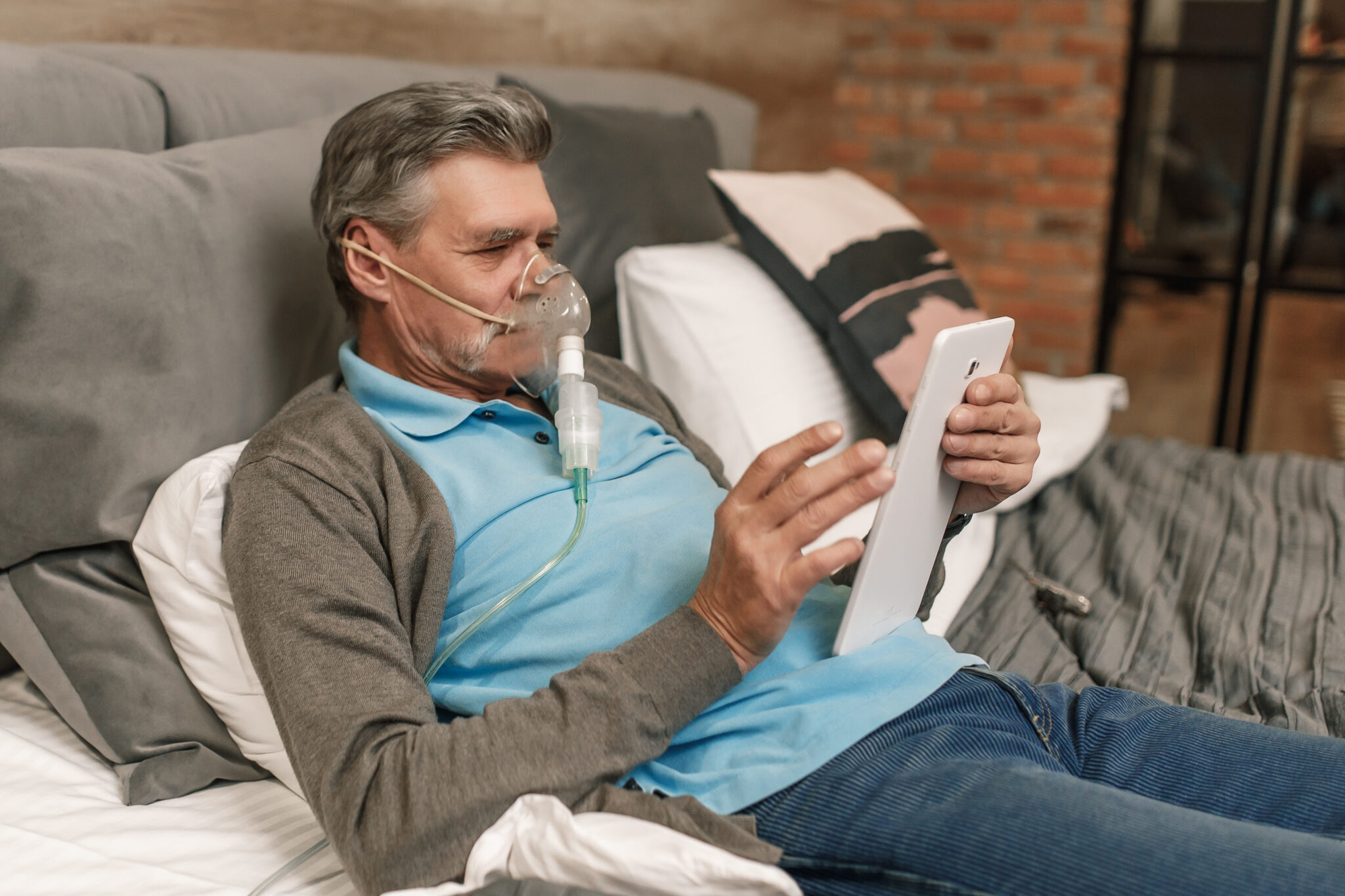Respiratory Care Providers Press CMS For Post-PHE Guidance

Advocates are urging the Centers for Medicare & Medicaid Services to clarify post-public health emergency (PHE) guidance for home respiratory therapies and protect access for those people who began the therapies under relaxed PHE rules.
“As a community we ask that CMS adopt a balanced approach that protects Medicare against fraud and recognizes the flexibilities that were in place during the pandemic,” seven respiratory care organization wrote in a recent letter to Xavier Becerra, secretary of the Department of Health and Human Services. “Specifically, for patients receiving home oxygen, sleep therapy or noninvasive ventilation equipment, we ask that CMS grandfather these patients in terms of the qualification requirement that were in place during the pandemic.”
Physicians prescribed supplemental oxygen to more than 1 million beneficiaries during the PHE and these people will require oxygen, sleep therapy and noninvasive ventilation after May 11, when the PHE ends, according to the groups.
The groups are requesting that CMS establish the following in terms of the audit review process:
- Any patient set up during the PHE who ended service (equipment picked up) during the PHE not have his/her claims subject to a medically necessary audit.
- Any patient set up during the PHE who ended service (equipment picked up) within one year of the PHE ending would not have his/her claims subject to a medically necessary audit.
- Any patient set up or who required recertification for oxygen or showing continuing need during the PHE could be subject to a medically necessary audit.
- For other home respiratory equipment, any patient set up who required a showing of continued need could be subject to a medically necessary audit.
The groups are also asking CMS to eliminate medical record review and accept the clinician prescription/Standard Written Order as the required documentation for establishing medical necessity, as it does for other prescription medications. Clinicians should have to complete the supplemental home oxygen templates it already has created that would constitute documentation to establish medical need and be sufficient for medical necessity review.
###
About the Council for Quality Respiratory Care
The CQRC is a coalition of the nation’s seven leading home oxygen therapy provider and manufacturing companies. To learn more, visit cqrc.org and follow CQRC on Twitter at @TheCQRC.
